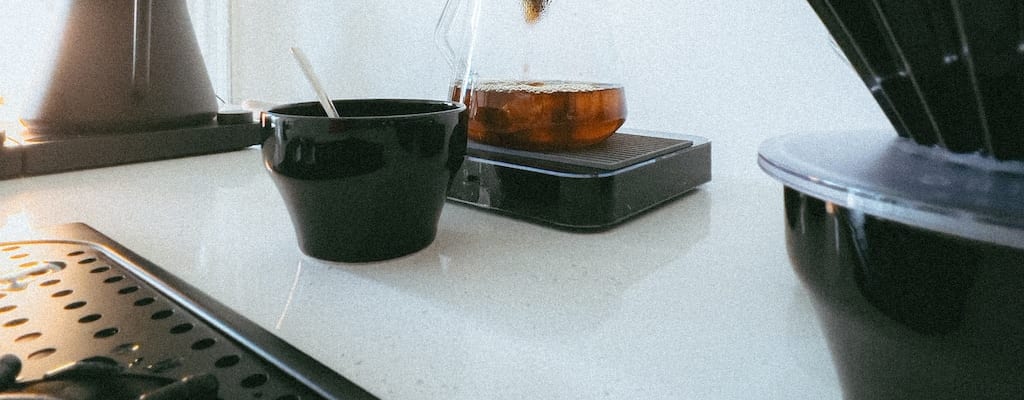plant a seed: Idiom Meaning and Origin
What does ‘plant a seed’ mean?
The idiom "plant a seed" means to introduce an idea or concept that has the potential to grow and develop further in someone's mind or a situation.

Idiom Explorer
The idiom "spill one's seed" refers to wasting or losing something valuable or important, typically in a frivolous or careless manner.
The idiom "put someone on to" means to introduce or make someone aware of something, usually a person or an idea.
The idiom "play a part" means to have a role or contribute to a particular situation or outcome.
The idiom "plant one's feet" means to firmly position one's feet on the ground, indicating a deliberate act of grounding oneself or preparing to face a challenge or confrontation.
The idiom "place to be" refers to a location or event that is considered popular or important in a given context. It suggests that being present in that particular place or participating in that event is desirable or advantageous.
The idiom "pitch in" means to join in and help or contribute to a task or activity.
The idiom "pick someone's brain" means to obtain information or advice from someone by asking them questions and seeking their expertise or knowledge.
"Park that thought" means to temporarily set aside or postpone a thought or idea.
The idiom "open the door" means to give someone an opportunity or a chance.
The idiom "open someone's eyes" means to make someone aware or understand something they were previously unaware of.
Uncovering Origin and Significance
"Plant a seed" is a widely used idiom in American English. It originates from the literal act of planting a seed in gardening or farming and extends to metaphorical meanings. When used figuratively, "plant a seed" refers to initiating or starting something with the expectation that it will grow or have an impact over time.
The idiom draws upon the understanding that just like planting a seed is the first step towards a successful harvest or a thriving garden, taking an initial action or making a small effort can set in motion a series of events or actions that lead to a desired outcome.
For example, someone might say, "I planted a seed by sharing my idea with my colleagues, and now we have a full-blown project." This suggests that by initiating the idea and sharing it with others, the person laid the foundation for the project to develop and grow.
This idiom can be applied in various situations and contexts, both personal and professional. In relationships, a small gesture or kind word can sow the seed of friendship or romance. In the business world, a simple action or idea can lead to significant opportunities or advancements.
Planting a seed requires patience, as the full effects or outcomes may not be immediate. Just as it takes time for a plant to grow from a seed into a fully bloomed flower, the impact of planting a seed in a figurative sense may take time to manifest.
Another related idiom is "plant one's feet." This idiom means to firmly establish oneself in a particular place or position. It can be metaphorically linked to "plant a seed" in the sense that both involve taking a necessary and deliberate action to initiate something.
For example, if someone is starting a new job and wants to make a good impression, they might plant their feet by showing up early, being prepared, and demonstrating their skills and dedication. By firmly establishing themselves in this way, they are planting a seed for future success and growth in their career.
Another related idiom is "spill one's seed." This is a colloquial term that refers to wasting or misusing one's resources, particularly related to sexual activity. Although it is unrelated to the literal or metaphorical meaning of "plant a seed," it's important to note the different connotations and avoid mixing the idioms.
Another related idiom is "put someone on to." This idiom means to inform or introduce someone to something or someone. It can be used in the context of "plant a seed" by emphasizing the importance of sharing ideas or information with others to initiate growth or development.
For example, if someone has a brilliant business idea, they might put their colleagues on to it by sharing the idea and discussing its potential. By spreading the idea and getting others on board, they are planting a seed for the idea to develop and potentially become a successful venture.
Another related idiom is "let the grass grow under one's feet." This idiom means to waste time or procrastinate. It is the opposite of taking action and planting a seed. While "plant a seed" emphasizes the importance of initiating and starting something, "let the grass grow under one's feet" warns against complacency and the negative consequences of inaction.
Finally, "make garden" is another related idiom that emphasizes the act of creating or cultivating a garden. It is similar to "plant a seed" in the sense that both involve taking deliberate actions to create something or initiate a process.
The idiom "plant a seed" encapsulates the idea of initiating or starting something with the expectation that it will develop, grow, or have an impact over time. By taking that initial step and planting the seed, one is setting in motion a process that has the potential to yield positive results. It is important not to confuse this idiom with unrelated idioms such as "spill one's seed" or "let the grass grow under one's feet." Instead, focus on the metaphorical and literal meaning of "plant a seed" and the various contexts in which it can be applied.
Example usage
1. He planted a seed of doubt in her mind, causing her to question her decision.
2. The teacher tried to plant a seed of curiosity in the students' minds by discussing a thought-provoking topic.
3. The motivational speaker aimed to plant a seed of inspiration in the audience, encouraging them to chase their dreams.
More "Origin" idioms



